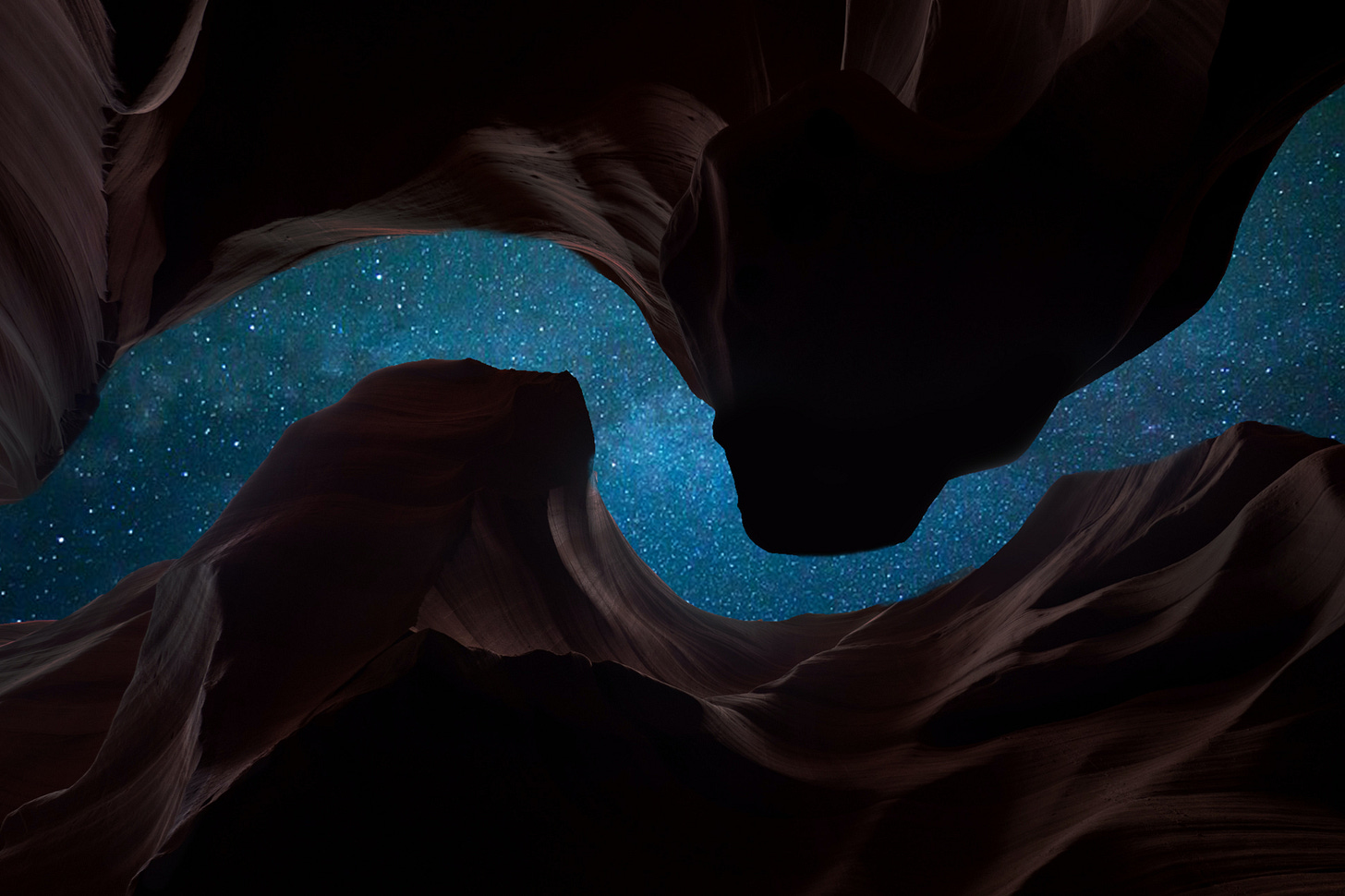
A long time ago, I saw a minister preach in a church out in the country. There are two things that make me completely check out: sports events and most church sermons. Predictably, I had wandered into my own thoughts until the moment I was snapped back to the present moment by the minister practically shouting: "The Bible says, 'Yea, though I WALK through the valley of the shadow of death,' NOT 'Yea, though I set up camp there!'"
The line stuck with me, and later in life, I realized that he was talking about the need to keep moving through liminal space.
The word "liminal" means:
relating to a transitional or initial stage of a process.
occupying a position at, or on both sides of, a boundary or threshold.
Liminal spaces come in all shapes and sizes—doorways and thresholds, sure, but also hallways, airports, train stations... any place that conducts us from one place to another. In architecture, they refer to liminal spaces as "the time between 'what was' and 'the next.'”
They might not be physical spaces at all, but natural experiences: the space between day and night; the space between sleep and wakefulness; the space between one version of ourselves and another.
Plenty of folks view the space between October 31 and November 1 as a liminal space. It’s a point in time where it’s possible to pierce the veil to the otherworld.
The in-between space can be confusing. In anthropology, liminality refers to the feeling of ambiguity and disorientation someone might experience in the middle of a rite of passage.
In fairy tales, the hero or heroine must face and outwit the enchanted animals, beguiling witches and wizards, seductive wood nymphs and fairy folk—but only after they have crossed over the threshold between the known and the unknown. Many agree to the journey, but their adventure cannot truly begin until they step out of the liminal space between home and the world beyond.
Whatever form they take, liminal spaces are meant to be honored and noticed, but they are not a destination. We're not meant to live long-term in liminal space.
Of COURSE, no one would consciously choose to set up camp in the valley of the shadow of death. And yet we do it all the time.
We stay stuck in transition.
We let doubt and confusion slow us down.
We know something has to change, and we can't stay in the place we were, but we're so uncertain about where we're headed that it's hard to take the next step forward.
Sometimes we convince ourselves that uneasy familiarity is better than the unknown.
Creative acts can be very similar. Prolific and talented author Margaret Atwood has written about the need for the artist or writer to cross the threshold, to visit the Otherworld or the other side—that place where brilliant ideas and archetypal images come from—return with the knowledge that they have gained, and share it with us in whatever form they can. It sounds simple, but in that transition from the profane to the sacred and back again, there are so many places for the artist or writer to get lost.
Many are drawn by the glimmer of the idea but may not know how to bring it back and translate it into real world language. On the hero’s journey, the re-entry to the known world can be equally difficult. And there is always a price to be paid for the bringing back the gifts of the otherworld.
Not everyone relates to creativity or writing as spiritual (unless it is some kind of gruesome test of patience that is supposed to inspire us to ever-higher states of grace. Ha!). And that's okay—you don't need to relate to it that way to know the feeling of being stuck between one state and another.
In so many of the fairy stories, the key to the hero or heroine leaving the liminal space is remembering that this is not their home. Whether they’re stuck on the way out or on the return trip, they easily forget why they started their journey in the first place. But they are always reminded by a strange turn of phrase, a fragrance, a song, or the voices of their loved ones. That reminder revives them and gives them the strength to leave the liminal space and pursue the purpose they sought to fulfill when they first started out. They are changed, and they are better for it.
The best creators learn how to make this journey through liminal space again and again.
So, if you're feeling creatively stuck, here is your clarion call:
Revive yourself.
Remember why you started and what you came for.
And take the next step forward.

